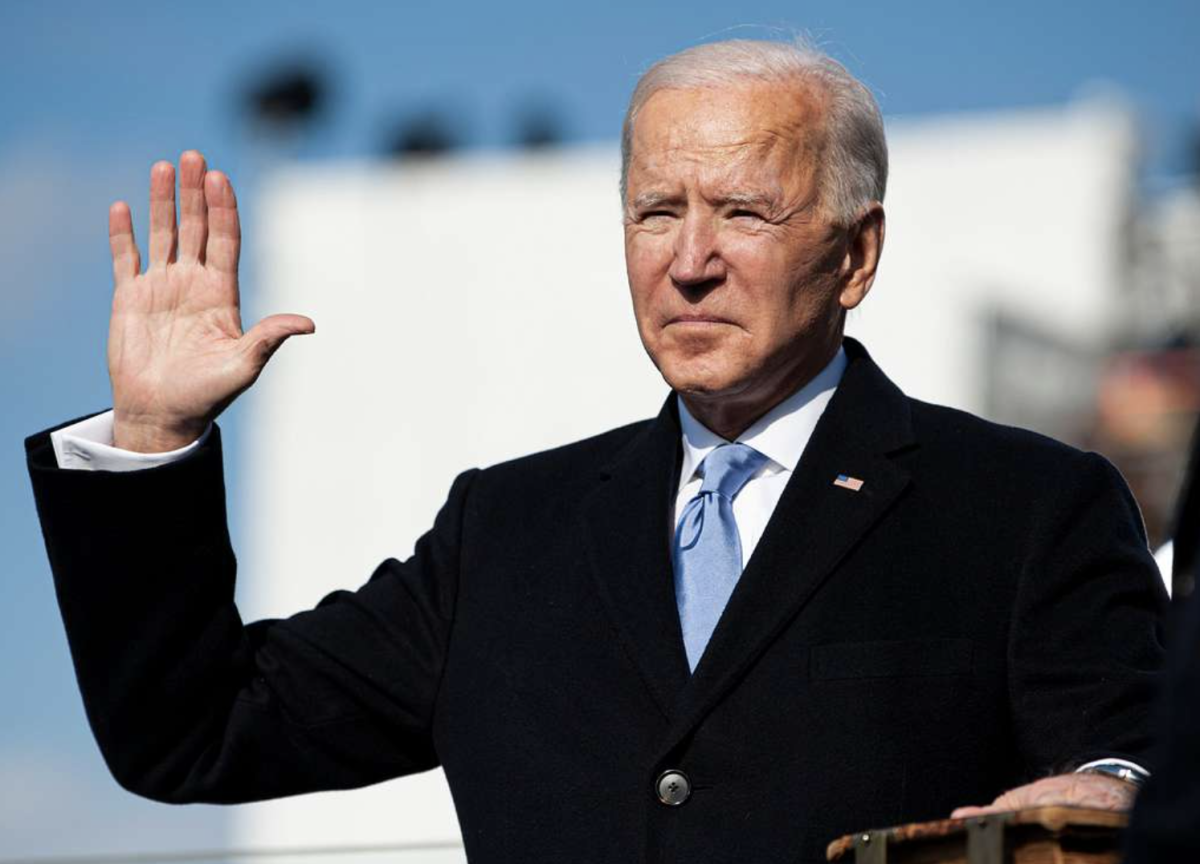Beginning this January, the United States and United Kingdom have launched a series of airstrikes in Yemen against the Houthi movement, a Shia Islamist political and military organization, in response to its attacks on ships in the Red Sea. The Houthis grew from a revivalist movement among Zaydi Muslims, a small sect of Shia Muslims centered in Northern Yemen. They oppose foreign influence on the Yemeni government and refer to themselves as “defenders of God” (“Ansar Allah”). Last October, in response to the Israel–Hamas war, they launched missiles and drones toward Israel, some of which were intercepted by the U.S. Navy, French Navy and Israeli Air Force. While President Joe Biden ostensibly approved the airstrikes in the interest of international security, his decision was unjustified, lacked sufficient Congressional authorization and risks exacerbating the existing conflict.
In December 2023, Houthi spokesperson Yahya Saree declared that any ship destined for Israel was a “legitimate target” and claimed that they would not cease attacks until the Gaza Strip was supplied with food and medicine. Houthi militants have also fired on other countries’ merchant ships in the Red Sea off the coast of Yemen. Critics argue that Biden’s authorization of strikes against the Houthi rebels in Yemen lacked proper authorization from Congress, which is necessary for declaring war and committing military forces abroad under the Constitution and the War Powers Resolution. According to opponents of the strikes, the situation in Yemen did not meet the criteria for immediate self-defense or fall under any existing authorization for the use of military force, such as those related to counterterrorism operations.
President Biden has established the U.S. as a firm supporter of Israel throughout the war. The passing of a $14.2 billion military aid package underscores this commitment and signals Biden’s intention to bolster Israel’s defense capabilities. However, the perceived imbalance in U.S. support for Israel and Palestine has led to legitimate criticisms of Biden’s role as a mediator in the Israeli–Palestinian conflict. Many argue that sustained U.S. support for Israel without equal assistance to Palestinians to address the ongoing humanitarian crisis undermines efforts to achieve a just and lasting peace in the region.
Furthermore, concerns have been raised regarding the potential humanitarian consequences of U.S. strikes. Yemen has been embroiled in a devastating civil war since 2014, with millions of civilians already suffering from famine, disease and displacement. Further military escalation could exacerbate the existing humanitarian crisis and lead to more civilian casualties without offering a clear path toward resolving the underlying conflict. Military action against the Houthis could also hinder negotiation efforts and risk drawing the United States into greater conflict.
Biden was not justified in launching the strikes. Without congressional approval, his action directly went against the U.S. Constitution and was a drastic decision with dire consequences. The U.S. is not helping the situation by adding fuel to the fire, and there are other methods they could have used to help address the conflict. This was a dangerous decision, and it could involve the U.S. into a conflict more extensive than it could handle. If the Gaza Strip was supplied with food, water, medicine and other basic human necessities, perhaps the Houthi strikes and, thus, the U.S. strikes would not occur. The root cause of the issue is the dire imbalance in support of Israel and Palestine in the War and denial among countries and their leaders about the humanitarian crisis happening in Gaza. The U.S. should be trying to help pacify the region, not do the exact opposite by funding Israel’s defense strategies, which have caused the death of thousands. Thus, Biden did not have a cause to launch the strikes and should reexamine how the U.S. is handling the current war instead.
However, given the ongoing tensions around the war, the controversy surrounding Biden’s decision remains a complex and contentious issue without a completely straightforward answer. The Hamas attacks, Israel’s ongoing counter-attacks and the Houthi attacks have all undeniably caused catastrophic amounts of suffering. This issue and the debate surrounding it reflect broader questions about the appropriate use of military force, the balance of power between the executive and legislative branches and the U.S.’s role in addressing conflicts and humanitarian crises worldwide. The best way to promote peace in the future is by respectfully discussing and educating ourselves on consequential topics like these.



















































